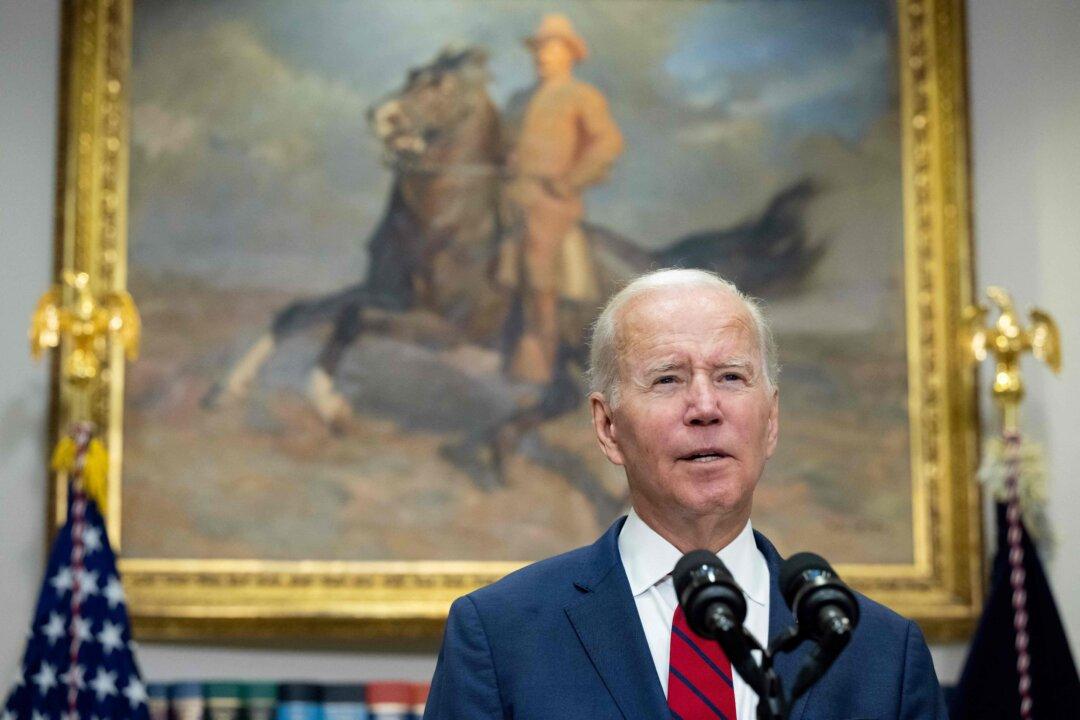News Analysis
Nonprofit organizations are already training federal government staffers to implement the Biden administration’s push for racial equity, as detailed in recently published documents.


Nonprofit organizations are already training federal government staffers to implement the Biden administration’s push for racial equity, as detailed in recently published documents.